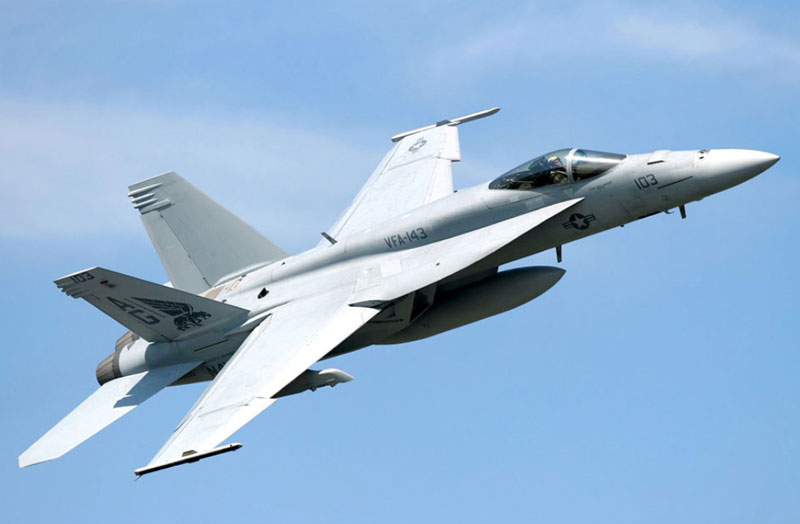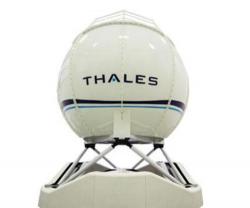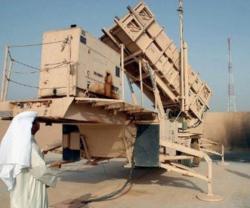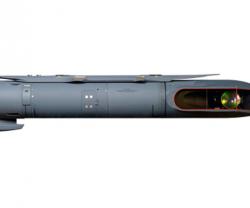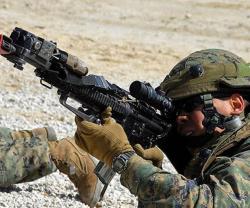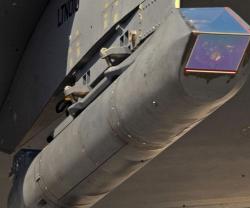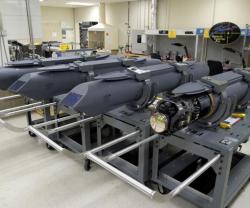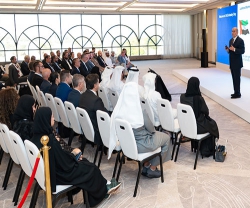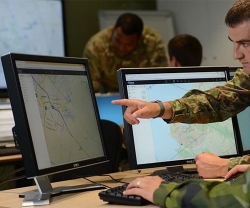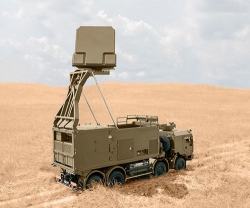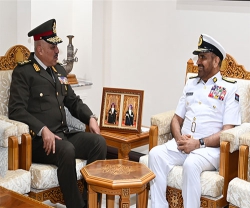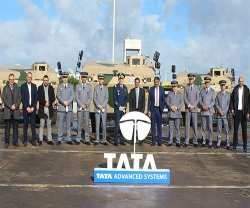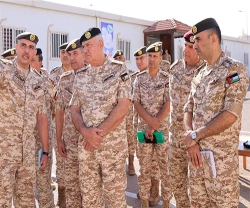Kuwait’s Air Force is sticking to plans to purchase Boeing’s F-18 Super Hornet to replace ageing fighter jets, despite a lengthy congressional approval process in Washington that has frustrated industry players.
“The Super Hornet is one of the best solutions for us,” Abdullah Al Foudary, commander of the Kuwait Air Force, said on the sidelines of last week’s Bahrain International Airshow.
“We have the legacy F-18s that we have to find a solution for in 2030-2040,” he added.
US industry executives and military officials have grown increasingly concerned about delays in approving the sale of 28 Boeing F/A-18E/F fighter jets to Kuwait, a deal valued at around $3 billion.
The fighter planes are of increasing importance to Kuwait amid rising regional tensions between Saudi Arabia and Iran, after an attack on the Saudi Embassy in Tehran by protestors angry over the execution of a Saudi Shi’ite cleric.
Kuwait, an ally of Saudi Arabia, is also part of the Saudi-led coalition against Yemen and is primarily supporting that effort with its Air Force and F/A-18s.
Al Foudary said the Air Force would play the most important role in addressing regional threats.
“We have to set up priorities and buy new capabilities so we can cope in this situation,” he said.
Boeing must decide in coming weeks whether to start building the jets using its own funding to ensure that materials that take years to procure are on hand when needed.
The company is likely to make that investment as a bridge to additional US Navy orders expected in fiscal 2018, according to a source familiar with the issue.
The company is anxiously awaiting the release of the Pentagon’s fiscal 2017 budget plan on February 9 to see if the Navy orders even a few jets in fiscal 2017, potentially through a separate war-spending supplement.
US Navy Secretary Ray Mabus recently said that foreign military sales helped ensure continued production of US weapons systems, such as the Boeing Co F/A-18E/F fighter jet, and also helped the US military and its allies work seamlessly in joint military operations.
But Mabus called for continued efforts to accelerate what he described as a slow and “torturous” approval process for military sales to foreign customers.

